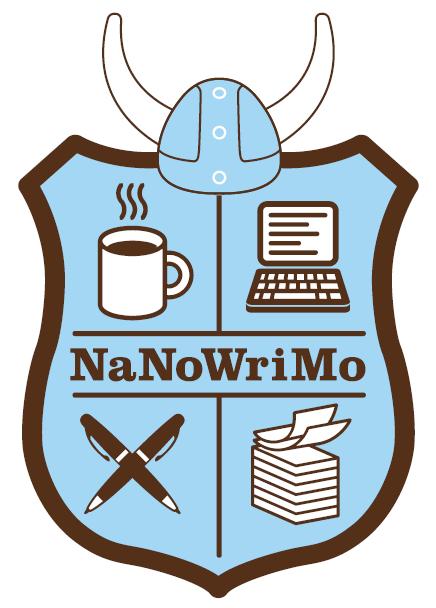“Sorry I’m late, everyone. I had a really late night yesterday. I’ve had houseguests and then I had to drive them to the airport really late and didn’t get to bed until well past midnight. Then my alarm didn’t go off. I had it set to p.m. instead of a.m. Oh, and the traffic was just unbearable. From the moment I hit the turnpike, it was bumper to bumper. I had a minor fender bender just down the street; you can hardly see the damage, fortunately, but I had to stop for a few minutes and get the other driver’s insurance information. Did I mention I was starving by this point? I decided to stop for breakfast. The service was so slow; can you believe the waitress expected a tip for that? Anyway, when I got here, I couldn’t find a parking spot, for the life of me. So sorry, everyone, so sorry, but here I am.”
Does anyone else hate dealing with people like that? I’m not just talking about late people, though there are plenty of those. I mean people who don’t deliver on their promises, who say they’re going to do one thing but then do another… and then make excuses for it. Those people really get under my skin.
But I have a confession to make. I am one of those people. Let’s admit it. It’s just so much easier sometimes to make excuses than to pull up our sleeves and get the job done. This is an especially tricky lesson to learn if you happen to be self-employed, with no boss looking over your shoulder to make sure you finish what you’re supposed to. Self-employed people have to find their own motivation, which is usually a combination of money and passion for what they do.
Which finally, after a long prelude, takes me to the whole point of this little post. Writers are essentially self-employed people, with no one keeping an eye on us to make sure we’re keeping our fingers on the keyboard. Yes, we have support groups, and we’ve written a lot about that over the last few weeks, but the responsibility of getting words down on the page ultimately falls on only one person: you. And unlike self-employed types, as writers we can’t find our motivation in the eventual money we’re going to make, because the financial reward for our efforts is usually both small and too far into the future to realistically plan for. No, our motivation must come from passion.
Passion must trump excuses. Most importantly-hey, didn’t I promise to get to my point soon?-passion must trump writer’s block. Because writer’s block isn’t a real thing. Writers are the only people I know who use inactivity as a crutch in quite this way. I waited tables for many, many years… and I hated it with a bright, nuclear-like passion. But I showed up on time and worked every day until my shift was over.
So why is it that I don’t show up on time and work until my shift is over at the job that I actually claim to love more than anything else in the world? Now, that’s a puzzle. The answer is simple: because I don’t want to. Oh, I can invoke writer’s block, but that’s not very honest of me. Sure, I don’t quite know what’s going to happen next in my story. I don’t know how my main character is going to react to the latest world-shaking plot twist. Perhaps I’ve come to the end of my outline. Perhaps I’ve just discovered a perplexing plot hole and haven’t worked out how to fill it in without lampshading the problem…
Well, I could take two approaches. I could knuckle down and write anyway, even though it’s almost certainly going to be crap only to be expunged later. Or I could take a much-needed break, get some fresh air, grab some dinner, go for a walk, hit the gym, have a short nap, do some yardwork… see what I did there? I made a bad thing look like a good thing, and that’s what writer’s block is all about. By saying we suffer from writer’s block, we manage to make ourselves sound professional whilst really just being lazy and unproductive.
We really should cut that out, right?


